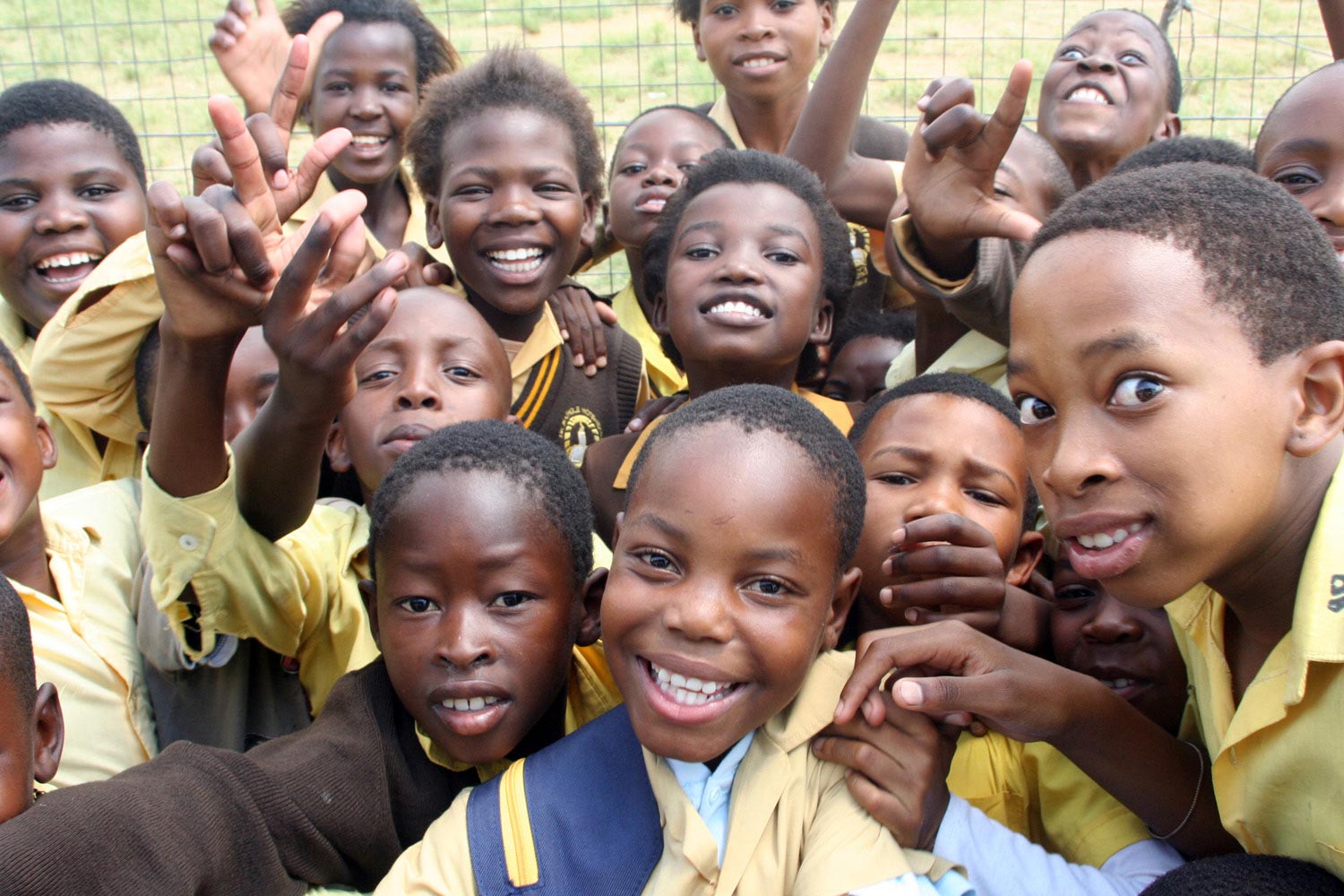ABUJA, Nigeria – The United Nations Children’s Fund, UNICEF, reports that Nigeria has been identified as having the highest number of out-of-school children worldwide, with a staggering 18.3 million children currently not attending any form of educational institution.
This alarming statistic was disclosed by Tushar Rane, Chief of Field Office at UNICEF Bauchi, during a two-day Regional Stakeholders Engagement Meeting held on Tuesday, May 7, 2024, focused on tackling this crisis in Bauchi, Gombe, and Adamawa states.
Dr Rane detailed the grim educational landscape in Nigeria, noting that only 63% of primary school-age children regularly attend school, with a mere 84% transitioning to junior secondary education after completing primary school.
Moreover, fewer than half of the children who begin primary education manage to finish junior secondary school.
The dropout rates are particularly acute in the northern regions, driven by a combination of inadequate government policies, insufficient funding, and socio-economic barriers such as child labor and cultural norms.
The challenges are compounded by poor infrastructure, teacher shortages, and significant health and safety concerns, which disproportionately affect educational attainment in the northeast and northwest regions of the country.
To combat these issues, UNICEF has partnered with the Universal Basic Education Commission to implement the “National Framework of Action to Reduce the Number of Out-of-School Children in Nigeria” and the “Retention, Transition, and Completion Model.”
The stakeholder meeting aimed to foster an open dialogue and develop targeted strategies to not only reduce the number of out-of-school children but also to enhance retention, transition, and completion rates among adolescents.
“I encourage open dialogue, active participation, and the sharing of insights during this two-day engagement,” Dr Rane stated. “I envisage that after this meeting, we will have clear, targeted, and state-specific strategies that will further ensure that we reduce the rate of out-of-school children and enhance retention, transition, and completion.”
As the country grapples with this educational crisis, the outcomes of such engagements are critical in shaping policies that will address the myriad challenges facing Nigeria’s future generations.







